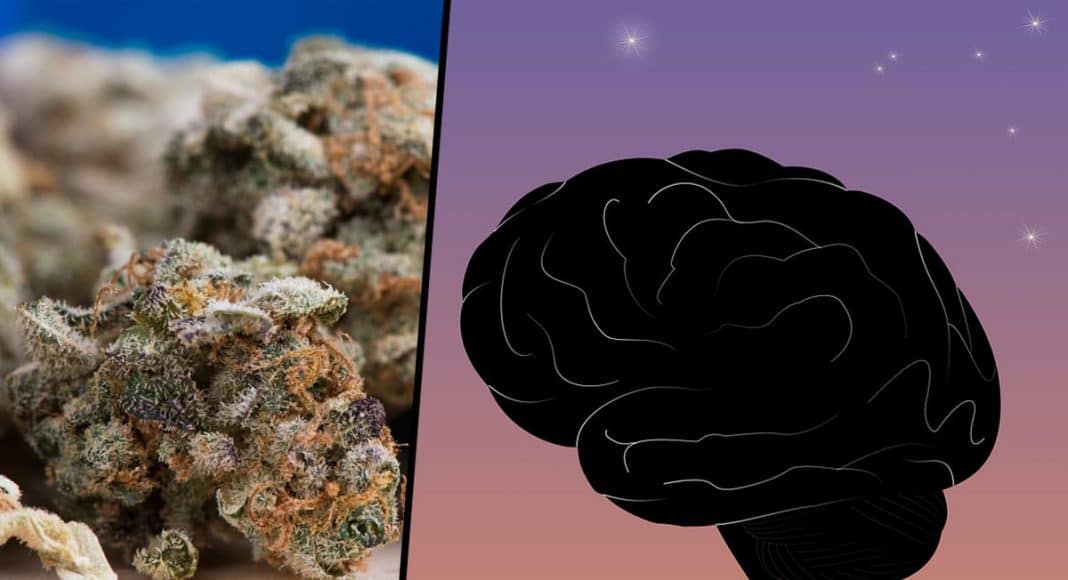Plastic is not usually a word people would associate with their brains, but they should. When it comes to your brain, being malleable is a good thing. Neuroplasticity is the broad term used to describe how our brains reorganize its connections for our benefit. Marijuana can increase this.
The brain’s neural connections are like an incredibly complex road map. Even before you were born your brain has worked to create new pathways to communicate with itself and the rest of your body. Scientists have long recognized that this plasticity is stronger in young people than older ones. This is why learning a second language can be easier for children. However, our brains continue to be plastic in varying degrees until we die.
Academics and physicians pondered the idea of neuroplasticity since the 1800s. Neurologists later determined that brain blood flow is directly connected to neural activity. Busy areas of the brain need more glucose and oxygen, so they get more blood flow. This is why certain music can give us “chills.” Thanks to a process called functional magnetic resonance imaging (fMRI), scientists can now see the changes in brain blood flow to measure brain activity.
-
Related Story: How Marijuana Can Help Those With Traumatic Brain Injury
Fortunately, these days we tend to ask, “can cannabis help?” Yes, it seems so. This is particularly true in relation to brain injury, where neuroplasticity is key to recovery:
- Researchers have shown that a single low dose of THC helped to protect rodents from brain damage and continued to help for seven weeks.
- Patients with THC in their system are less likely to die from traumatic brain injury, not to mention less likely to die during hospitalization.
- It is also now believed that cannabinoids can stimulate protein enzymes in the areas of the brain associated with memory, planning, judgement, personality, balance and attention.
It’s not just about traumatic brain injury. The reputable Salk Institute has contributed to a growing body of research that shows that low doses of THC reduce the plaque forming proteins associated with Alzheimer’s Disease. It effectively reduces inflammation and helps prevent neural cell death, preserving the brain’s ability to be “plastic.”
In addition to holding promise for people suffering from traumatic brain injury and early onset dementia, this function of cannabis is also of great interest to people with post traumatic stress disorder, PTSD. Cannabis is believed to be effective for people with PTSD because neuroplasticity helps their brain to ‘forget’ the trauma more than before and allows the brain to rewire connections of learned fear, reducing hyper vigilance, nightmares and night terrors.
-
Related Story: Cannabis Protects Against Strokes, New Study Finds
As more research is undertaken our understanding of our brain improves. The early facts are positive when it comes to cannabis as an effective neuroprotective. Could it be that one day we will encourage athletes, soldiers and others people at high risk of head trauma to take a prophylactic dose before engaging in their tasks? Could the very thing we are screening for in drug tests be the thing that will best protect people from more serious brain injury? Could AARP one day be advertising cannabis vitamins for healthy senior living? Stranger things have happened. Stay plastic, my friends.


